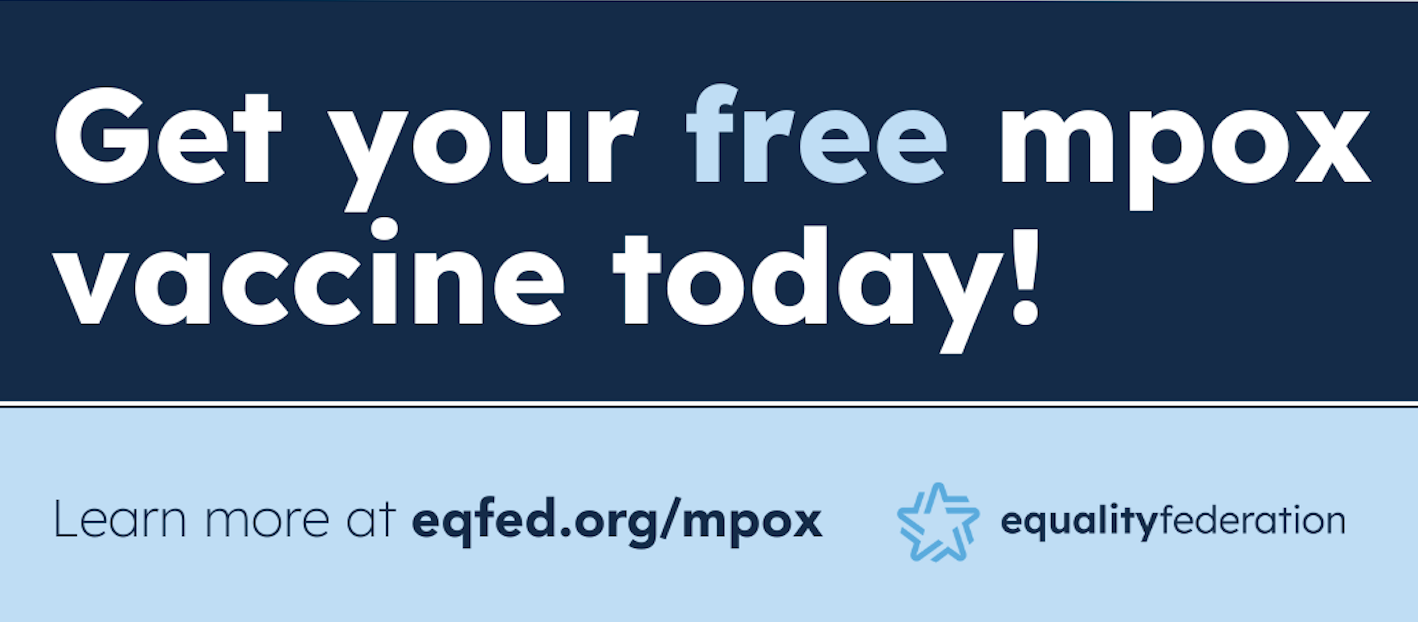Messaging For What's Next in the West

Last year, Idaho and Montana became two of the 36 states (and D.C.) that now have the freedom to marry. This was a great advancement for LGBT people in these states, but it also brought about a new reality: it is now legal to marry a same-sex partner in the same state where protections against discrimination are limited.
Because discrimination still exists in the majority of states, over the past two years, we've partnered with the Movement Advancement Project on a research project to learn more about how to talk about the need for laws that ban discrimination against LGBT people. My role on the research team is all about training and implementation -- making sure advocates working on-the-ground to advance nondiscrimination hear about and use the messaging strategies that we’ve found effective.
Since we now have a greater understanding about how the public thinks about these laws, we're ready to share messaging recommendations with activists across the country. I recently traveled to Idaho and Montana to do just that -- train activists and community leaders about how to talk about discrimination and the need for legal protections.
Both Idaho and Montana have plenty of dedicated, experienced activists who are trying to push their states forward by passing state and local level laws. Human Rights Campaign has been supporting local organizations in both places, and they invited us to provide local activists with the information they need to meet their goals.
In Montana, a recent attempt to pass a local nondiscrimination law in Billings was met with defeat, while in Idaho, the residents of Pocatello narrowly defended their discrimination ban at the ballot, winning by 56 votes. Advocates in both states are pushing hard on their legislatures to pass statewide bills, which have been introduced for years.
In the past year, I’ve trained groups as small as 6 and as big as 45 at more than 15 events. My trips to Idaho and Montana are just two more examples of how we’re ensuring that groups who are working to win nondiscrimination protections have the skills and expertise they need.
Over 60 activists in both states traveled many miles to attend the trainings. We focused on how to build bridges with allies by understanding what their concerns are, and how to build a case for nondiscrimination laws. One of the most important lessons, and also one of the hardest, is to learn to meet people where they are in their understanding rather than expecting them to be as comfortable or as knowledgeable as we are. This is especially important when it comes to transgender issues, where the public has little accurate information about real transgender people that could help build empathy and understanding.

In both Montana and Idaho, lively discussion punctuated the presentations, as we viewed videos of people telling their stories about discrimination and analyzed our reactions. I was able to recommend effective approaches for some of the challenging situations we encounter from our opposition, including how to calm fears around professional standards and public bathrooms. We also discussed proposed laws in both states that would expand religious exemptions that allow discrimination by religious individuals. And we discussed how to talk about this situation that was unheard of even a year ago: being able to legally marry a same-sex spouse in the same state where you are not fully protected from discrimination.
Providing resources and training for movement leaders is one of the critical roles that we play at the Equality Federation. We are proud to have witnessed the determination of activists and leaders in Idaho and Montana, and to have supported their continued work.
Leaders in the West are newly equipped to talk about discrimination against LGBT people, and are energized about putting these ideas into action. At the end of the day, we know LGBT residents will be protected from discrimination. We don’t yet know how we’ll get to that final victory, but with these dedicated activists giving so much of themselves, we know we will win.

.png)
%20(2).jpg)


.jpg)
.jpg)
.jpg)
.jpg)
.jpg)
